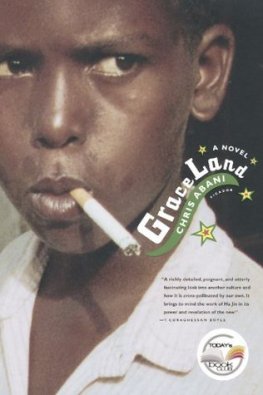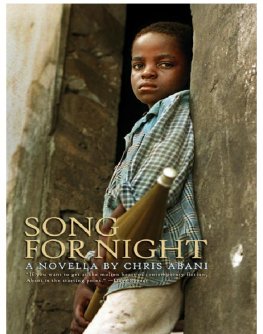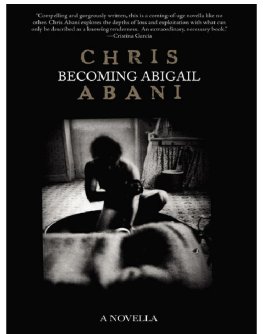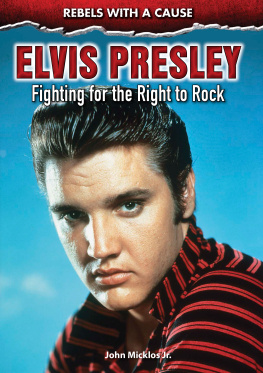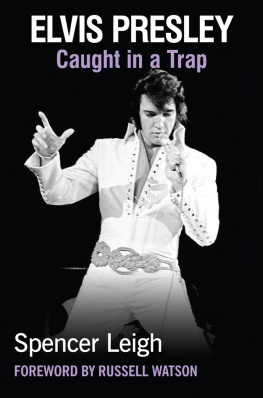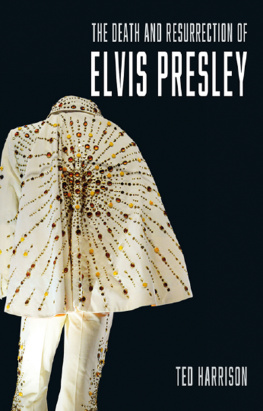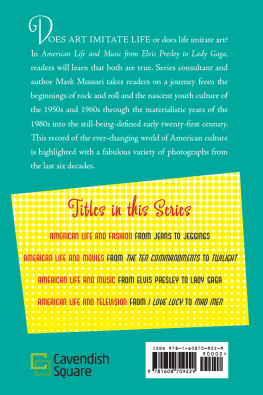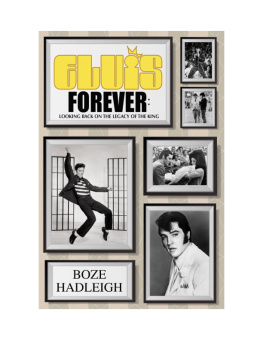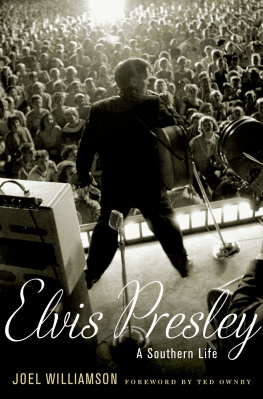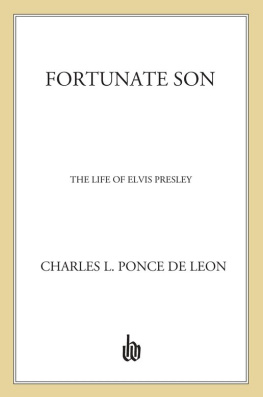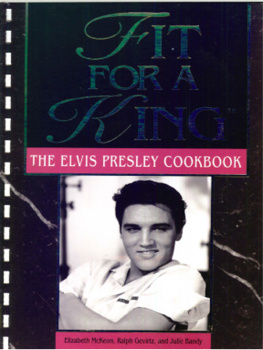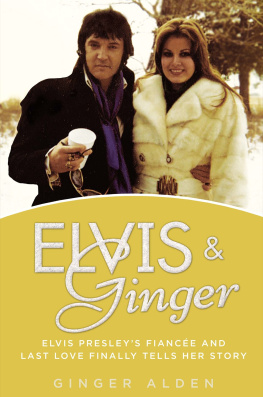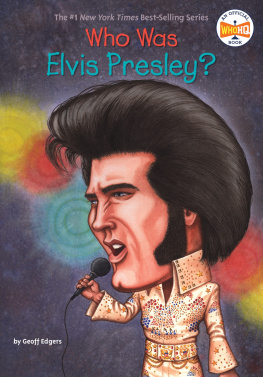These are the words of lovers, of dancers, of dynamite singers. These are songs if you have the music.
AMIRI BARAKA, BLUES PEOPLE
Delphine, Stella and Daphne
whenever, wherever, whatever
It seemed almost incidental that he was African.
So vast had his inner perceptions grown over the years
BESSIE HEAD, A Question of Power
This is the kola nut. This seed is a star. This star is life. This star is us.
The Igbo hold the kola nut to be sacred, offering it at every gathering and to every visitor, as a blessing, as refreshment or to seal a covenant. The prayer that precedes the breaking and sharing of the nut is: He who brings kola, brings life.
Lagos, 1983
Elvis stood by the open window. Outside: heavy rain. He jammed the wooden shutter open with an old radio battery, against the wind. The storm drowned the tinny sound of the portable radio on the table. He felt claustrophobic, fingers gripping the iron of the rusty metal protector. It was cool on his lips, chin and forehead as he pressed his face against it.
Across the street stood the foundations of a building; the floor and pillars wore green mold from repeated rains. Between the pillars, a woman had erected a buka, no more than a rickety lean-to made of sheets of corrugated iron roofing and plastic held together by hope. On dry evenings, the smell of fried yam and dodo wafted from it into his room, teasing his hunger. But today the fire grate was wet and all the soot had been washed away.
As swiftly as it started, the deluge abated, becoming a faint drizzle. Water, thick with sediment, ran down the rust-colored iron roofs, overflowing basins and drums set out to collect it. Taps stood in yards, forlorn and lonely, their curved spouts, like metal beaks, dripping rainwater. Naked children exploded out of grey wet houses, slipping and splaying in the mud, chased by shouts of parents trying to get them ready for school.
The rain had cleared the oppressive heat that had already dropped like a blanket over Lagos; but the smell of garbage from refuse dumps, unflushed toilets and stale bodies was still overwhelming. Elvis turned from the window, dropping the threadbare curtain. Today was his sixteenth birthday, and as with all the others, it would pass uncelebrated. It had been that way since his mother died eight years before. He used to think that celebrating his birthday was too painful for his father, a constant reminder of his loss. But Elvis had since come to the conclusion that his father was simply self-centered. The least I should do is get some more sleep, he thought, sitting on the bed. But the sun stabbed through the thin fabric, bathing the room in sterile light. The radio played Bob Marleys Natural Mystic, and he sang along, the tune familiar.
Theres a natural mystic blowing through the air / If you listen carefully now you will hear His voice trailed off as he realized he did not know all the words, and he settled for humming to the song as he listened to the sounds of the city waking up: tin buckets scraping, the sound of babies crying, infants yelling for food and people hurrying but getting nowhere.
Next door someone was playing highlife music on a radio that was not tuned properly. The faster-tempoed highlife distracted him from Bob Marley, irritating him. He knew the highlife tune well, Ije Enu by Celestine Ukwu. Abandoning Bob Marley, he sang along:
Ije enu, bun a ndi nkwa nkwa ndi nwuli nwuli, eh
On the road outside, two women bickered. In the distance, the sounds of molue conductors competing for customers carried:
Yaba! Yaba! Straight!
Oshodi! Oshodi! Enter quickly!
Elvis looked around his room. Jesus Can Save and Nigerian Eagles almanacs hung from stained walls that had not seen a coat of paint in years. A magazine cutting of a BMW was coming off the far wall, its end flapping mockingly. The bare cement floor was a cracked and pitted lunar landscape. A piece of wood, supported at both ends by cinder blocks, served as a bookshelf. On it were arranged his few books, each volume falling apart from years of use.
By the window was a dust-coated desk, and next to it a folding metal chair, brown and crisp with rust. The single camping cot he lay on was sunk in the center and the wafer-thin mattress offered as much comfort as a raffia mat. A wooden bar secured diagonally between two corners of the room served as a closet.
There was a loud knock, and as Elvis gathered the folds of his loincloth around his waist to get up, the lappa, once beautiful but now hole-ridden, caught on the edge of the bed, ripping a curse from him. The book he had fallen asleep reading, Ralph Ellisons Invisible Man, fell from his side to the floor, the old paperback cracking at the spine, falling neatly into two halves as precisely as if sliced by a sword.
Elvis! Elvis! Wake up. Its past six in de morning and all your mates are out dere looking for work, his father, Sunday, said.
What work, sir? I have a job.
Dancing is no job. We all dance in de bar on Saturday. Open dis bloody door! Sunday shouted.
Elvis opened the door and eyed him. The desire to drive his fist through his fathers face was old and overwhelming.
Ill just wash, then go, he mumbled, shuffling past Sunday, heading for the backyard, passing Jagua Rigogo, who stood in the middle of the backyard cleaning his teeth with a chewing-stick, preparing for his morning ablutions and the clients who would soon start arriving to consult him on spiritual matters. He reached out and squeezed Elviss arm as he passed. Elvis turned to him, opening his mouth to speak.
Before you speak, my friend, remember, a spiritual man contain his anger. Angry words are like slap in de face.
Elvis took in Jaguas dreadlocks, gathered behind him in a long ponytail by a twisted tennis headband, and the distant red glare of his eyes. He didnt have his python with him, and Elvis wondered where it was. Probably asleep in the cot Jagua had salvaged from one of the city dumps, and which sat in the corner of his room. Merlin, his python, slept in it, comfortable as any baby.
Jagua. I Elvis began, then stopped.
Jagua smiled, mistaking Elviss resignation for control.
Dats de way, he said.
Elvis just sighed and silently fetched water from the iron drum sunning in a corner of the yard. He snatched his towel off the line and entered the bathroom, trying not to touch the slime-covered walls and the used sanitary pad in the corner. How did they come to this? he wondered. Just two years ago they lived in a small town and his father had a good job and was on the cusp of winning an election. Now they lived in a slum in Lagos. Closing his eyes, he rushed through his morning toilet. On his way back inside to get dressed, he passed his father in the corridor again.
Are you still here?
Elvis opened his mouth to answer but thought better of it.
The road outside their tenement was waterlogged and the dirt had been whipped into a muddy brown froth that looked like chocolate frosting. Someone had laid out short planks to carve a path through the sludge. Probably Joshua Bandele-Thomas, Elvis thought. Joshua was the eccentric who lived next door and spent his days pretending to be a surveyor.
Elvis and his father lived at the left edge of the swamp city of Maroko, and their short street soon ran into a plank walkway that meandered through the rest of the suspended city. Even with the planks, the going was slow, as he often had to wait for people coming in the opposite direction to pass; the planks were that narrow.
While he waited, Elvis stared into the muddy puddles imagining what life, if any, was trying to crawl its way out. His face, reflected back at him, seemed to belong to a stranger, floating there like a ghostly head in a comic book. His hair was closely cropped, almost shaved clean. His eyebrows were two perfect arcs, as though they had been shaped in a salon. His dark eyes looked tired, the whites flecked with red. He parted his full lips and tried a smile on his reflection, and his reflection snarled back. Shit, he thought, I look like shit. As he sloshed to the bus stop, one thought repeated in his mind: What do I have to do with all this?

